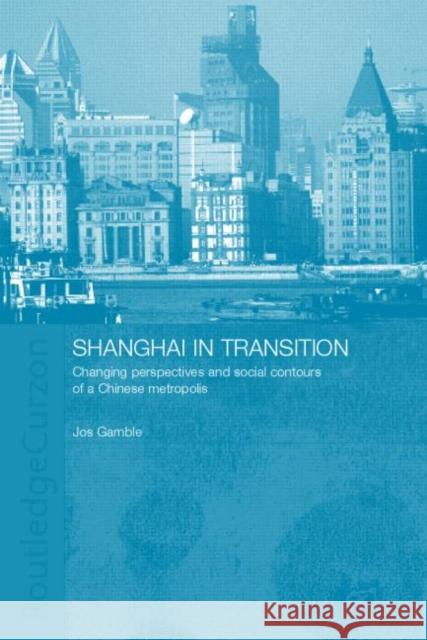Shanghai in Transition : Changing Perspectives and Social Contours of a Chinese Metropolis » książka
Shanghai in Transition : Changing Perspectives and Social Contours of a Chinese Metropolis
ISBN-13: 9780700715718 / Angielski / Twarda / 2002 / 280 str.
Shanghai in Transition : Changing Perspectives and Social Contours of a Chinese Metropolis
ISBN-13: 9780700715718 / Angielski / Twarda / 2002 / 280 str.
(netto: 676,35 VAT: 5%)
Najniższa cena z 30 dni: 654,86
ok. 22 dni roboczych.
Darmowa dostawa!
China's largest metropolis, Shanghai, has undergone a decade of far-reaching economic and social transformation. This book presents an evocative and richly nuanced series of ethnographic perspectives of the city's shifting sociological landscape in this period of transition. When the Communist Party took control of Shanghai in 1949, the city was one of the world's most cosmopolitan, modern cities. In the ensuing decades, Shanghai's economy, infrastructure and links with the rest of the world all atrophied. Lack of change in the city's physical structure was paralleled by a similar fixity and immutability in people's daily lives, careers and expectations. Since the early 1990s, far-reaching economic reforms have been implemented which are designed to recreate Shanghai as a cosmopolitan, world financial and commercial centre. An influx of domestic and foreign capital is transforming the city's physical structure at a frantic pace. This study is based upon extensive first-hand research conducted over the past 10 years. The topics explored range from the perceived consequences of Shanghai's more porous boundaries to intra-national and global flows of people, capital and cultural items,











